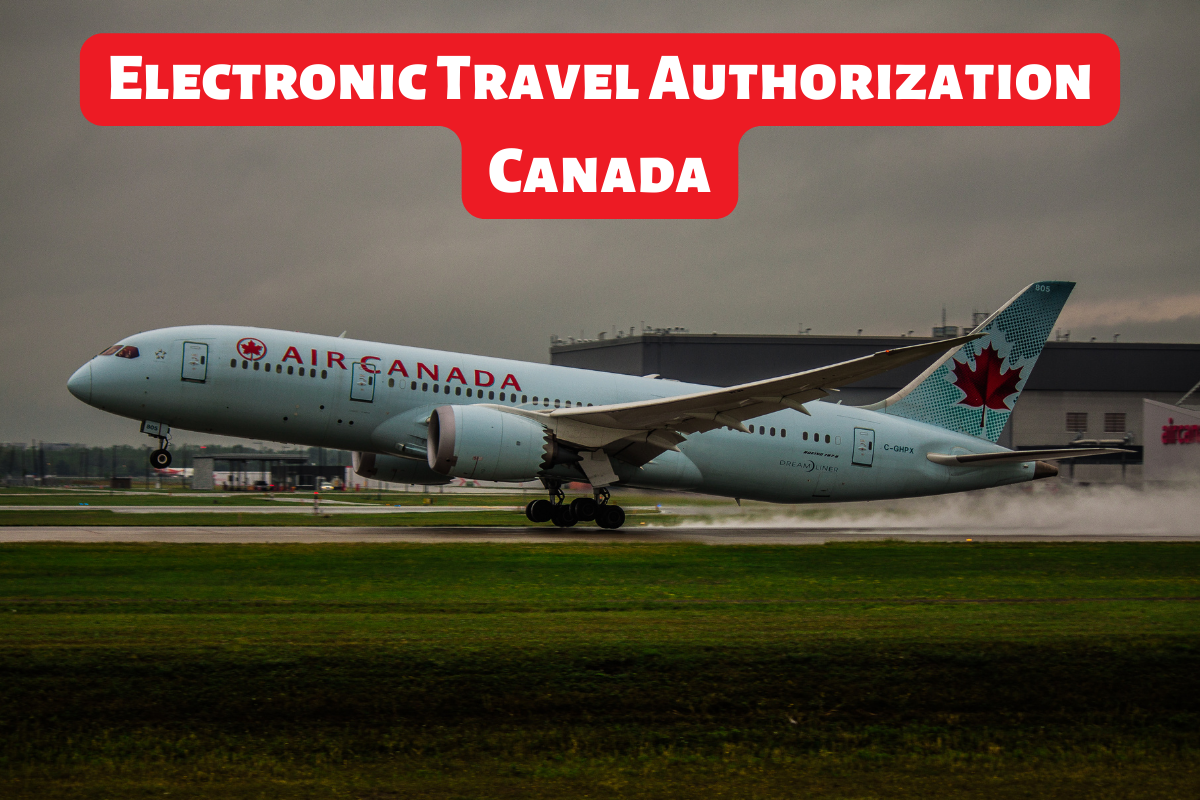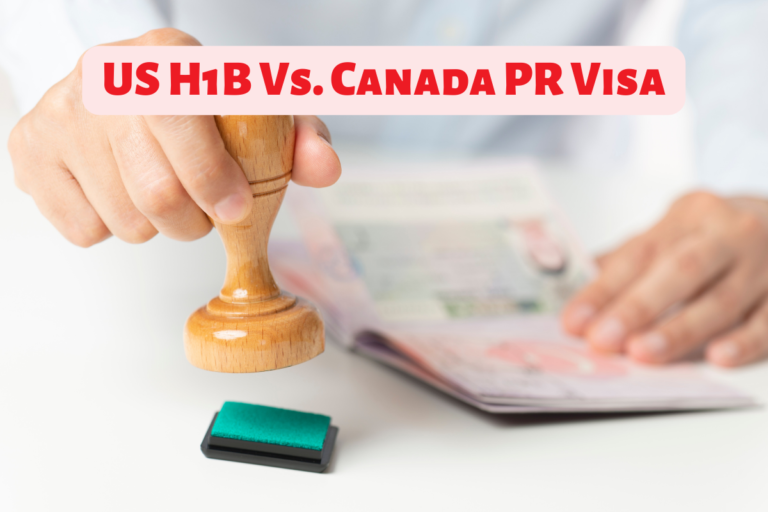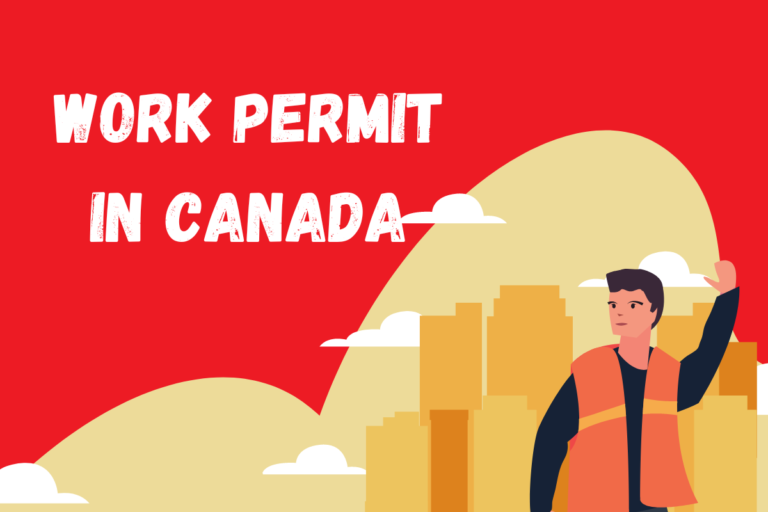What is electronic travel authorization Canada?
Electronic Travel Authorization (eTA) is an online pre-screening system for visa-exempt foreign nationals who are traveling to Canada for leisure, business, or transit. The eTA allows the Canadian government to screen travelers before they arrive in Canada and to determine if they are eligible to enter the country. To apply for an eTA, travelers must complete an online application and pay a fee. The eTA is valid for five years or until the traveler’s passport expires, whichever comes first.
Do I need an electronic travel authorization for Canada?
Whether or not you need an Electronic Travel Authorization (eTA) for Canada depends on your citizenship and the purpose of your trip. If you are a citizen of a visa-exempt country, you will need an eTA to travel to Canada by air, unless you are exempt (e.g. you have a valid Canadian visa, you are a Canadian citizen or a permanent resident). If you are a citizen of a country that requires a visa to enter Canada, you will need to apply for a visa instead of an eTA. You can check your eligibility for an eTA on the Government of Canada’s website.
How do I get a eTA to travel to Canada?
To obtain an Electronic Travel Authorization (eTA) to travel to Canada, you need to follow these steps:
- Check if you are eligible: Make sure you are from a visa-exempt country and that you meet the eTA requirements.
- Gather required information: Have your passport, email address, and a valid credit or debit card ready.
- Apply online: Go to the Government of Canada’s eTA website and complete the online application. You will need to provide personal information and answer a few questions about your trip to Canada.
- Pay the fee: The eTA fee is CAD$7.00 and is paid by credit or debit card.
- Wait for approval: The processing time for an eTA is usually a few minutes, but it can take several days in some cases. You will receive an email with your eTA status.
- Check your email: If your eTA is approved, you will receive a confirmation email with your eTA number. If your eTA is not approved, you will need to apply for a visa to enter Canada.
It is important to note that an eTA is only a pre-screening measure and does not guarantee entry to Canada. A Canadian border services officer may still deny you entry based on other factors, such as your purpose of travel, financial status, or ties to your home country.
Who is eligible for an eTA?
Not all foreign nationals are eligible for an Electronic Travel Authorization (eTA) to travel to Canada. Eligibility for an eTA is determined by your citizenship and the purpose of your trip to Canada.
You are eligible for an eTA if you are a citizen of a visa-exempt country and traveling to Canada by air for leisure, business, or transit purposes. To be considered visa-exempt, you must not require a visitor visa to enter Canada and hold a passport from one of the eligible countries.
If you are not a citizen of a visa-exempt country, you will need to apply for a visitor visa instead of an eTA. Additionally, if you are traveling to Canada by land or sea, you do not need an eTA.
You can check your eligibility for an eTA on the Government of Canada’s website.
Visa Exempt countries for Canada
As of my knowledge cut-off, citizens of the following countries are visa-exempt and do not require a visa to visit Canada for short stays (generally up to 6 months) for tourism or business purposes:
Andorra, Australia, Austria, Bahamas, Barbados, Belgium, Bermuda, British citizens, British Overseas Territories Citizen with a Certificate of Entitlement to the Right of Abode, British Overseas citizen who is re-admissible to the country of which he or she is a national, British subject with a right of abode in the UK, Brunei Darussalam, Bulgaria, Chile, Croatia, Cyprus, Czech Republic, Denmark, Estonia, Finland, France, Germany, Greece, Hungary, Iceland, Ireland, Italy, Japan, Republic of Korea, Latvia, Liechtenstein, Lithuania, Luxembourg, Malta, Mexico, Monaco, Netherlands, New Zealand, Norway, Papua New Guinea, Poland, Portugal, Romania, San Marino, Singapore, Slovakia, Slovenia, Solomon Islands, Spain, Sweden, Switzerland, Taiwan, and the United States.
Note: That this list is subject to change and it is always advisable to check the latest entry requirements before traveling to Canada.




